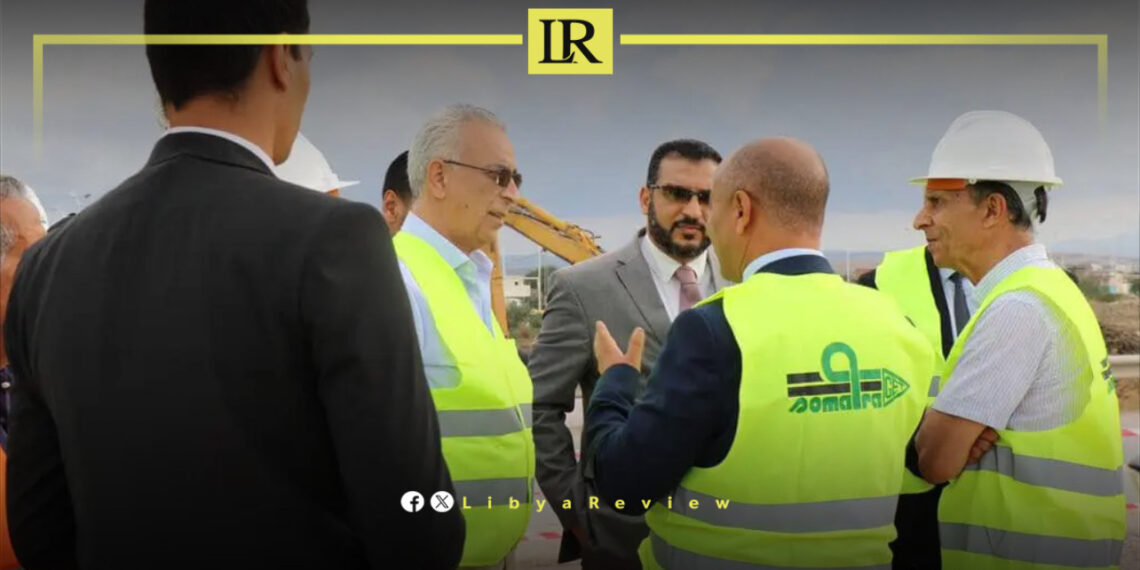The Libyan Minister of Housing and Construction, Abubakar Al-Ghawi, held a series of meetings in Tunisia on Monday to enhance bilateral cooperation in the field of urban development.
The discussions involved key stakeholders, including the Libyan Urban Development Company, the Arab Tunisian-Libyan Consulting Office, and the General Company for Construction, Equipment, and Works, Somatra-Gat.
The visit began with a meeting between Minister Al-Ghawi and the Tunisian Housing Agency, where the agency’s 50-year achievements and activities were reviewed. Discussions explored potential cooperation agreements or training programs to facilitate knowledge exchange between the two nations.
Al-Ghawi also visited the Arab Tunisian-Libyan Consulting Office, where he met with the General Director and department heads. The meeting highlighted the office’s completed and ongoing projects in Tunisia, while also addressing challenges, including the need for payment of outstanding dues to renew its branch license in Libya.
During a meeting with representatives of Somatra-Gat, both parties discussed the possibility of restructuring the company’s debts to the tax authority and social security.
The minister also toured the “Durra Al-Buhayra (2)” project, which spans 57 hectares, to assess its progress.
This visit marks a significant step toward fostering stronger cooperation between Tunisia and Libya in housing and urban development. Both sides emphasized the importance of sharing expertise and information to promote sustainable development. The Libyan Ministry of Housing and Construction underscored the Government of National Unity’s commitment to building strategic partnerships with Tunisia in this vital sector.
Libya has been in chaos since a NATO-backed uprising toppled longtime leader Muammar Gaddafi in 2011. The county has for years been split between rival administrations.
Libya’s economy, heavily reliant on oil, has suffered due to the ongoing conflict. The instability has led to fluctuations in oil production and prices, impacting the global oil market and Libya’s economy.
The conflict has led to a significant humanitarian crisis in Libya, with thousands of people killed, and many more displaced. Migrants and refugees using Libya as a transit point to Europe have also faced dire conditions.
The planned elections for December 2021 were delayed due to disagreements over election laws and the eligibility of certain candidates. This delay has raised concerns about the feasibility of a peaceful political transition.
Despite the ceasefire, security remains a significant concern with sporadic fighting and the presence of mercenaries and foreign fighters. The unification of the military and the removal of foreign forces are crucial challenges.


